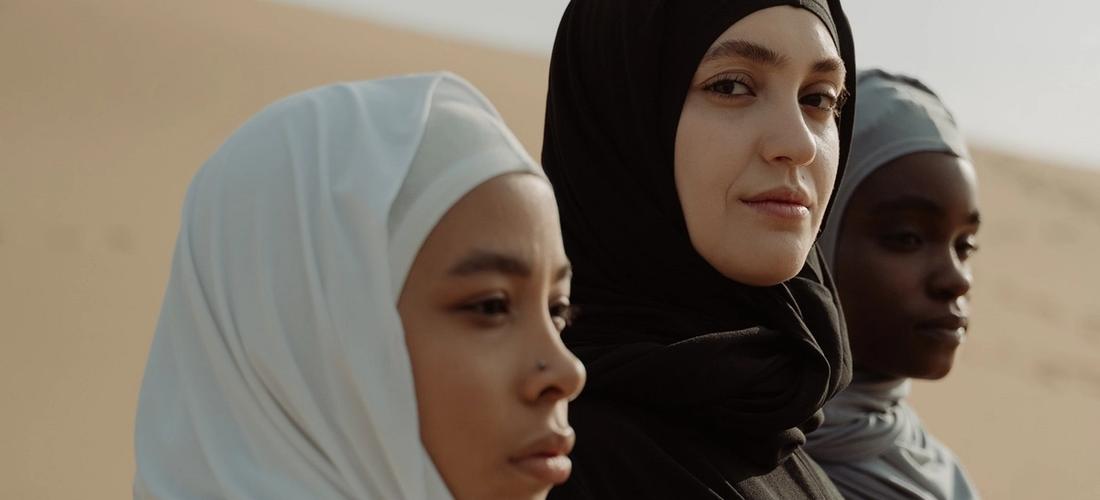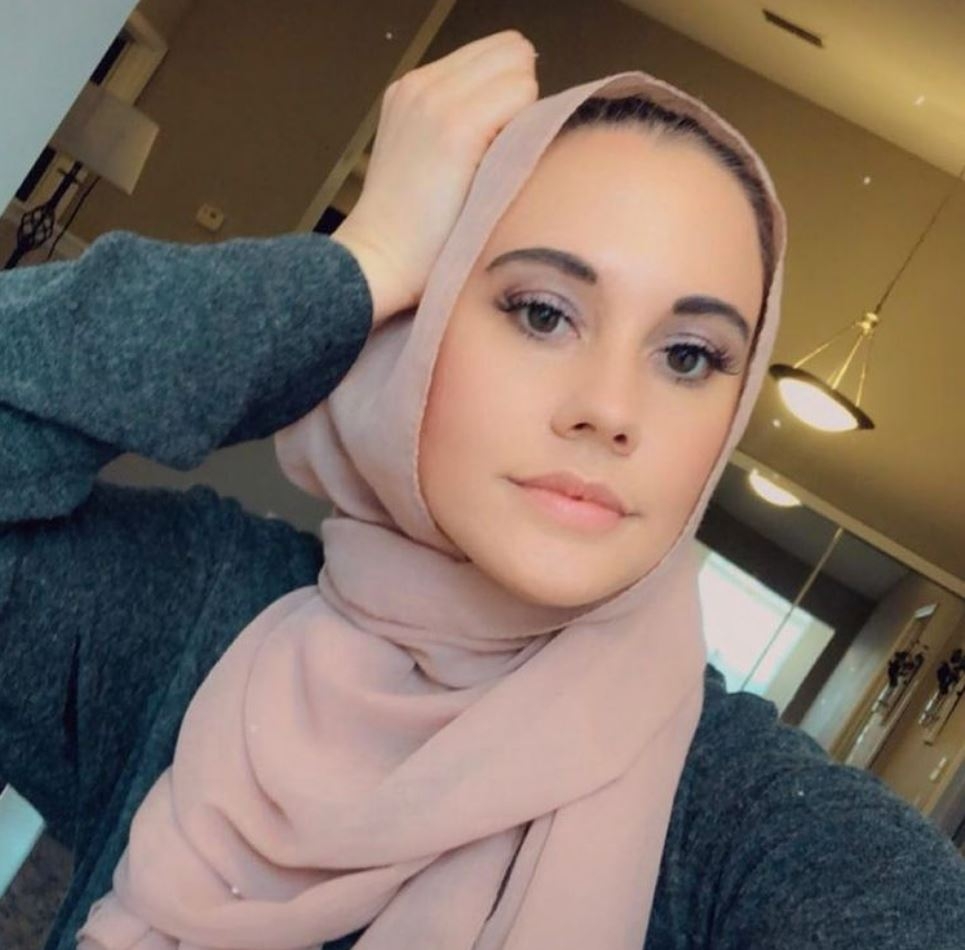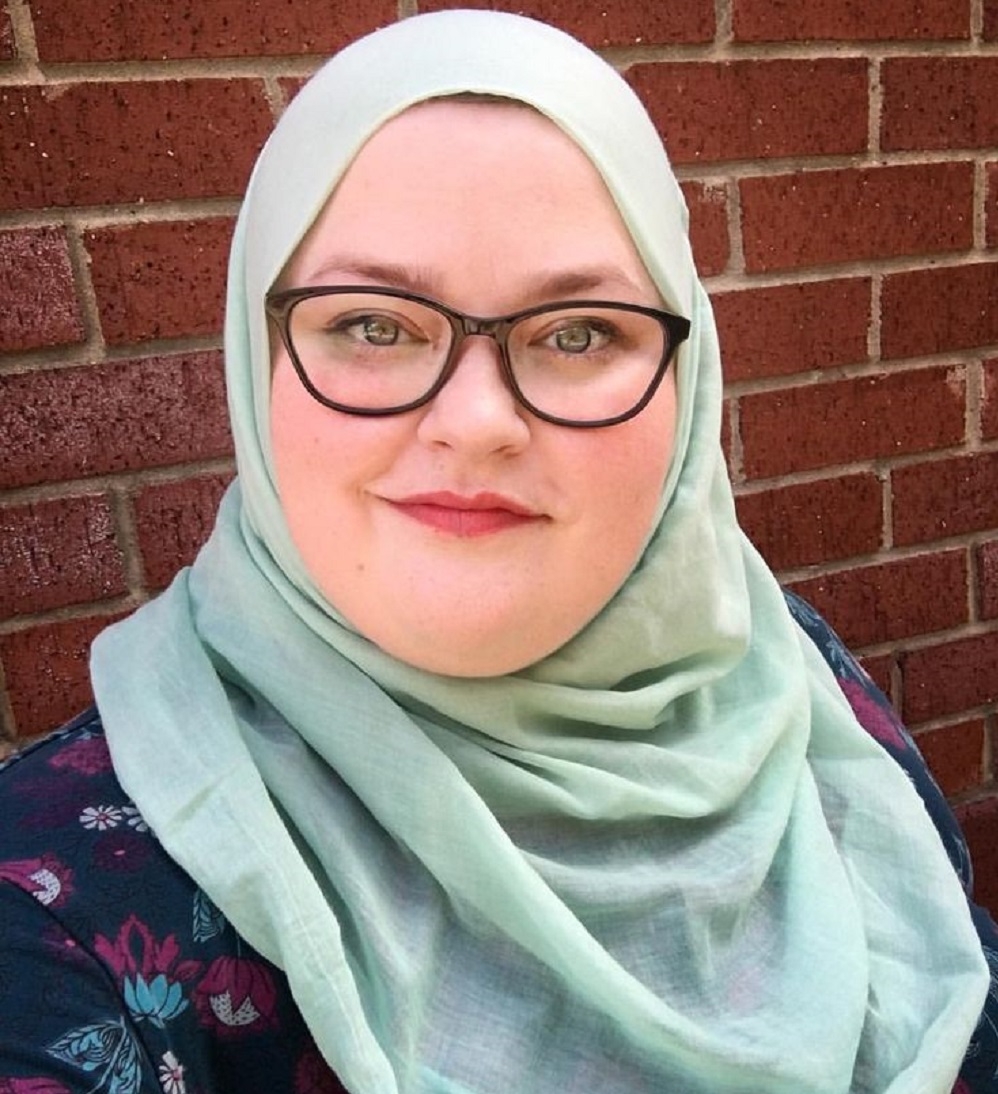3 Things (Out of Many) that Muslim Women Converts Want You to Know
Faith
|
Sep 27, 2022
|
4 MIN READ

Image source: Pexels
By Dr Uzma Jafri
As most of our listeners (and people who pretend to be our listeners but really only follow our Instagram) know, the Mommying While Muslim podcast hosts themed podcasts every month. We call them series and believe they’re easier to follow along this way, as each episode builds on the next. At least that’s the idea of our overly anxious executive producer. That’s me.
The “Muslim Conversion Helped & Hindered” series was borne of our reflections about the converts in our lives. For my co-host and co-producer Zaiba, the first convert she knew was her own mother and the challenges she faced as a new Muslimah. What seasoned listeners know is, if Darlene Auntie had met Muslims before accepting Islam, she never would have done it. Yikes!
For me, my experiences stemmed from seeing the converts in my community who experienced exploitation by immigrant Muslim men they married and even less savory social situations with other Muslimahs. I’d never seen them accepted the way born Muslims were, even in my own family.
(Check out this article about six pieces of advice for new(er) Muslim women married to “born again” Muslim men.)
And so, it only made sense to spend a month talking to convert Muslimahs to ask the questions we didn’t have the language to ask as children, and to end generational trauma as adults.
While our histories hold their own lessons, our guests on this series taught us so much more than what we brought to the table. Admittedly, it’s ridiculous to filter everything we learned down to just three lessons, but the ones that hurt the Muslim converts we spoke with are the ones we discuss here. After all, if we face the hard parts first, the only place we can go after, is up.
1. A lot of people are converting to Islam. A lot of Muslims are leaving the faith, too.

Lisa Vogl; image source: Instagram
Some of our guests answered questions we didn’t know to ask. Lisa Vogl, founder of Verona Collection and a photographer, pointed out on her episode that Muslims born into the religion share bragging rights about the large numbers of Muslims coming to Islam in America; but there are just as many leaving it.
A 2017 survey found 24 percent of Muslim Americans left Islam, and that 55 percent of that group no longer identifies with any religion. We tried to get Muslims who left the religion to come on this series, but we couldn’t recruit anyone. It’s often a secret and in some cases, dangerous to disclose. The best we could do was a shout out on our IG. We should be looking at this statistic closely to see what each of us is contributing toward such frightening numbers.
2. There are beautiful, healthy and accepting stories of conversion to Islam!
Amanda Moutakki, Alex Khouri and Kai Wingo provided examples of healthy conversion stories fueled by curiosity and parental support. And a little bit of romance for one of them! We hadn’t imagined that relations between non-Muslim families of origin and new Muslim families could be so amicable! Alhamdullilah! Maybe things ARE changing.
None of these moms had negative things to say about how they came to Islam, but we dug out repressed traumatic memories for Alex, later referring her to therapy. Just kidding! It spoke volumes about her good nature to remember just the good and forget the bad, a trait we could all learn from.
3. Converts face loads of isolation. We know this, but we don’t do enough about it.

Nye Armstrong
Finally, both Nye Armstrong of Happy People podcast and Anse Najiyah Maxfield of Rabata drove home the significance of isolation many converts experience. Anse Najiyah said sometimes converts create it (unintentionally or intentionally) with their families of origin. She described her misunderstanding of the rights of her family of origin in her quest to be the best Muslim she could be. It had a happy ending though, so it’s worth hearing.
But more often than not, those who are born into Islam forget the sacrifices some converts have made, and aren’t inclusive as Islam teaches us to be. So make that phone call, set up that coffee, open up our playdate groups, and don’t make the extra setting for a convert sister at our party an “afterthought” as Nye pointed out. Ouch. Bullseye.
Peer support like Rabata’s Project Lina is important, but those of us born into Islam are responsible for the well being of our convert sisters, and we could do a better job of fulfilling it.
(Check out this guide to how born-Muslims can more authentically and better support converts in our communities.)
Nye’s specific advice to women considering Islam was so important (go back and listen to the podcast), we had attorney Caitlin Ajax to come on an IG Live to discuss legal protections for new Muslimahs, which is where we thought this entire series was headed, but again, our guests had a lot more to teach us.
We hope that each person reading this feels inspired to be a better sister and friend to converts beyond witnessing her shahadah and giving her a hurried salam on our way to wherever after Jummah prayers. Choose something easy to do, like shoot a text and be honest: I’m trying to do better now that I know better. (And maybe, “I’m sorry I haven’t been the friend and support you deserve.”)
Do that, and Insha’Allah our podcast will have done what it was meant to.
Dr. Uzma Jafri is originally from Texas, mom to four self-directed learners, a volunteer in multiple organizations from dawah resources to refugee social support services, and runs her own private practice. She is an aspiring writer and co host of Mommying While Muslim podcast, tipping the scales towards that ever elusive balance as the podcast tackles issues second generation Americans have the voice and stomach to tackle.
Subscribe to be the first to know about new product releases, styling ideas and more.
What products are you interested in?


